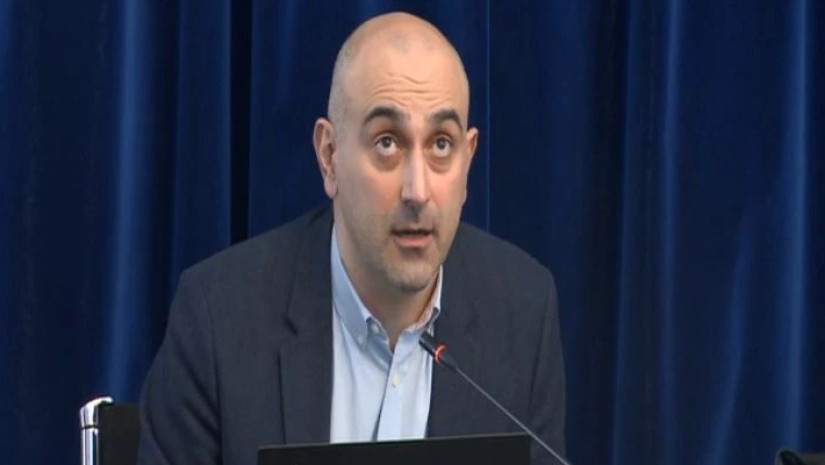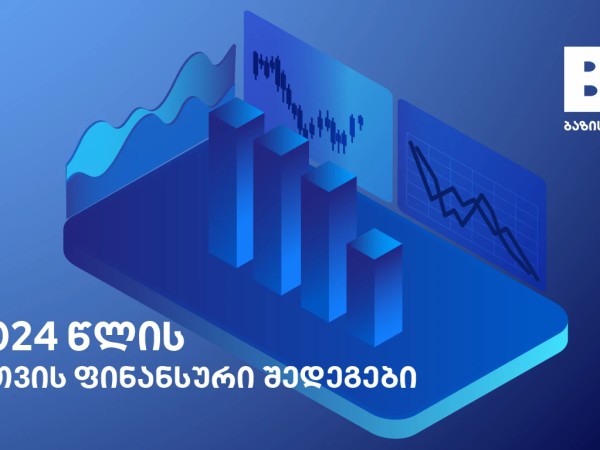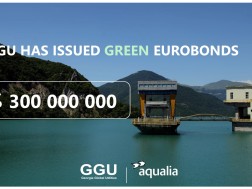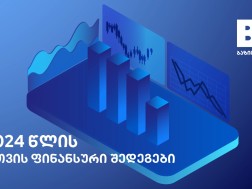Tbilisi (GBC) - Why is the inflation target 3% and not 14%, or why it is not 2%, as it is in developed countries.
Because (Koba Gvenetadze replied to Sandro and Roman) that the long-term inflation benchmark (target indicator) should reflect the change in prices that is caused by the structural characteristics of the economy, and not by a one-time factor, albeit a long-term one.
The starting point is the difference in productivity growth rates in tradable and non-tradable sectors. The tradeable sector is 1.5% higher than the non-traded sector. Accordingly, wages in the trade sector are growing faster. This increases the ambition of employees in the non-tradable sector as well. Where due to lack of productivity, the employer has to increase wages at the expense of increasing the price of the product. This causes inflation in the mentioned sector.
In contrast to our country, the balance is preserved in developed countries. Non-tradable equals tradable. Inflation is targeted at 2% as a result of the global impact of tradable prices. The ratio is somewhat similar to Georgia, but since it is up to 3.5% in non-traded areas, the average is 3%.
According to Gvenetadze, the target of 3% is optimal for 2 main reasons. It minimizes costs caused by inflation. Low enough to have a long-term negative impact on the population. At the same time, it leaves the possibility that the optimal relative prices in the economy do not interfere with the efficient allocation of resources.
"Our goal is not to control the money supply, our goal is to have the interest rate close to the monetary policy rate", - Aleksande Rakviashvili does not believe in the answer of the NBG’s governor, as well as the inflated prices due to the cost of transportation, increased inflation and expectations managed by the Central Bank.
"The management of expectations plays a big role", - Koba Gvenetadze called the example of 2017, which was continuously increased by the increase of excise duty, in 2017. How did inflation rise to 6.7% in 2017, then how did it come down to 1.5%.
According to him, there is an international container index (according to Rakviashvili it does not exist), which has increased 5 times and finally the cost of transportation made the product more expensive.
In response to Rakviashvili's question, "Inflation ran away from you in 2019", the president of NBG repeated many times that it was due to the blocking of air traffic by Russia at the beginning of the tourist season. Then it was transmitted to the market through the channel of expectations, and indeed, with high inflation, Georgia was an exception.
Rakviashvili was not satisfied with the establishment of facts. As he said, he cannot intuitively believe the NBG's conclusions without serious arguments.





















